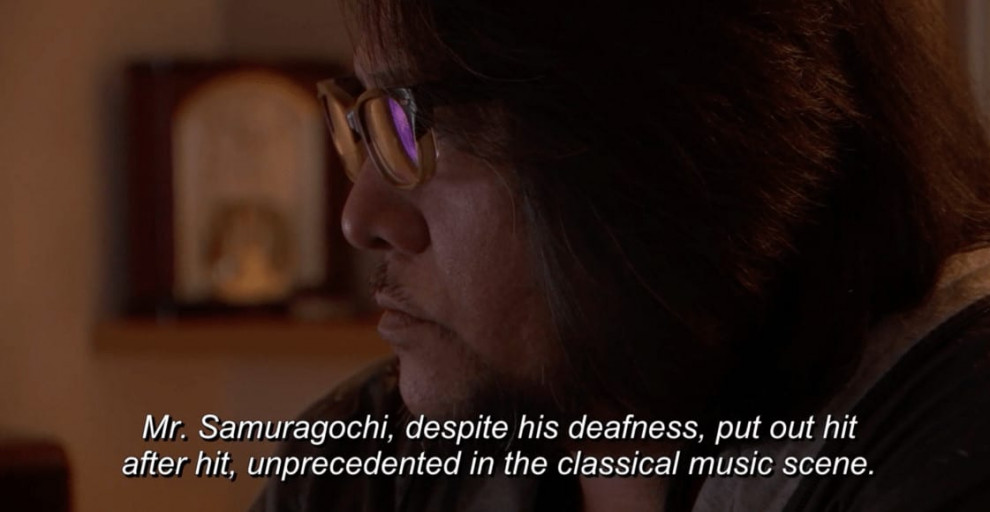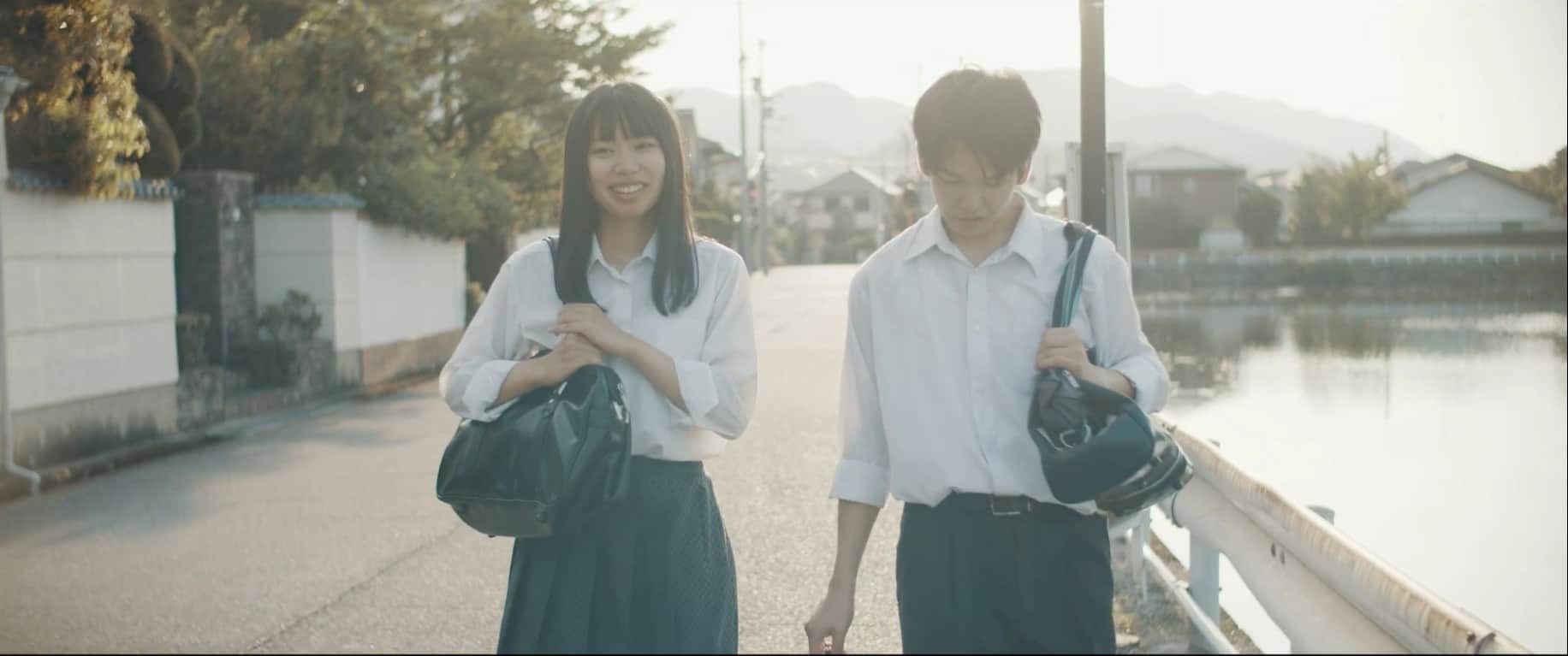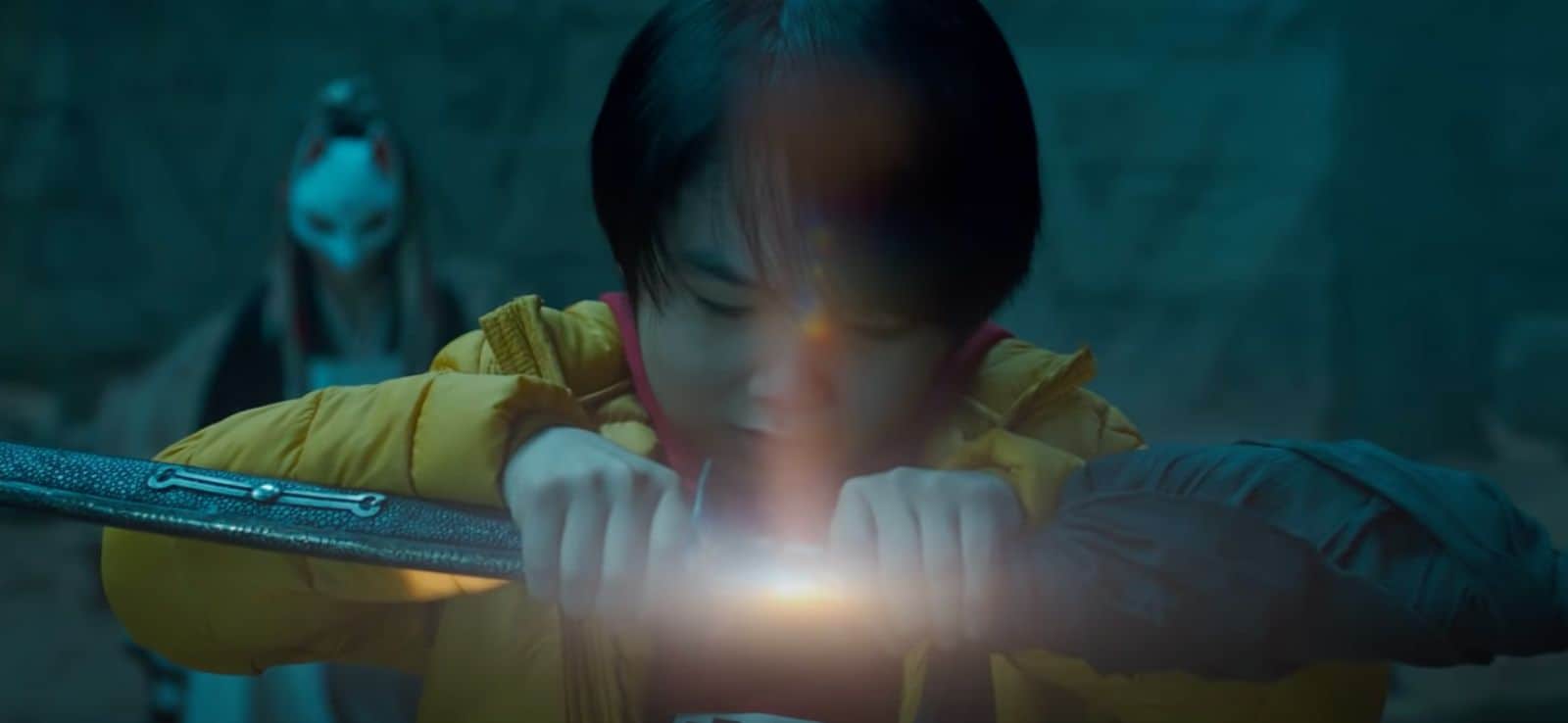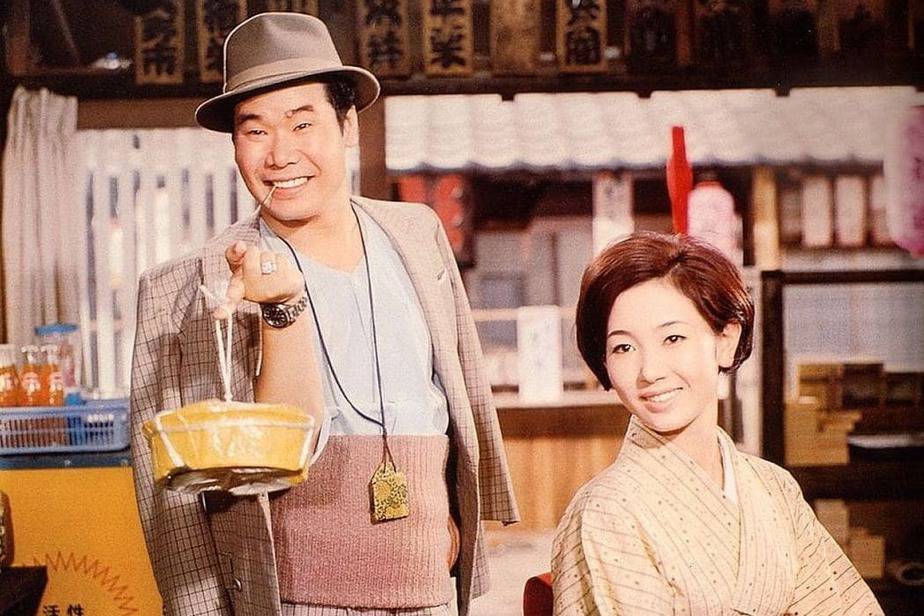“Fake” is a Japanese documentary about a man called “Japan's Beethoven”, a famous and reportedly deaf composer by the name of Mamoru Samuragochi. 18 months prior to the filming of this doc, a man by the name of Takashi Niigaki informed the Japanese press that he had been ghostwriting Samuragochi's music and the composer wasn't actually deaf. A media storm followed that and forced Samuragochi into seclusion and Takashi Niigaki became a minor celebrity appearing on Japanese variety shows. Filmmaker Tatsuya Mori meets with Samuragochi and his wife in their small apartment and explores Samuragochi's sorrow, thoughts and desire to be redeemed in this intimate documentary.
“Fake” is screening at Aperture: Asia & Pacific Film Festival

When we first meet Samuragochi, director Tatsuay Mori tells him that he wants to focus on his sorrow. The disgraced man is clearly depressed and hardly leaves the small apartment that he shares with his wife and house cat. Mori starts his inquiries with a gentle touch since it is obvious that Samuragochi is a broken man. The elephant in the room that Mori subtly begins to approach is whether or not Samuragochi is in fact deaf. As a viewer who hadn't heard of him before and not knowing any deaf person,s I would say it's very easy to make a snap judgement that this man isn't actually deaf. It is easy to dig up your own prejudice about disabled persons when watching this film.
Samuragochi doesn't appear or sound handicapped in anyway. He speaks very clearly with no issues of any kind and it would be a surprise to anyone to learn he is deaf outside of the fact that his wife is interpreting for him as Mori speaks to him. The mannerisms and cues that you normally associate with deafness, which I admit is due to my own prejudice, are totally absent from Samuragochi. It's further compounded when we meet an advocate for deaf persons in the doc who speaks with an inflection that signals to the viewer that he is probably deaf. All these issues as a viewer made me think about the prejudice that disabled person's face on a daily basis and is a credit to Mori's approach with this subject matter.
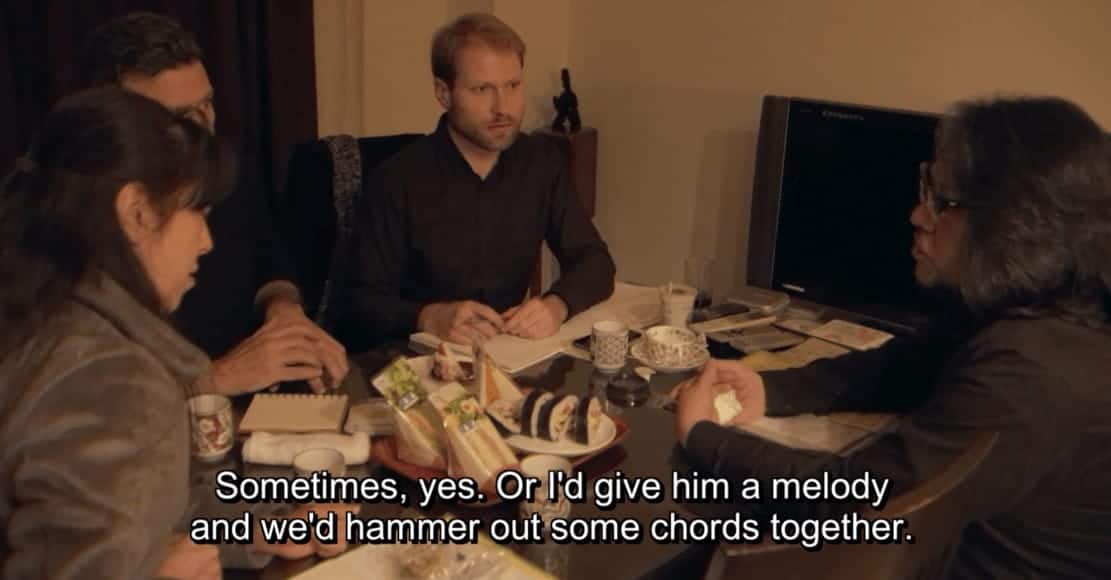
Director Tatsuya Mori does a very interesting job exploring the issues that surround the composer. He takes a very respectful approach with this story. The film is almost two hours long and there are a number of shots that linger on him as he thinks about his situation and reflects on the past disgrace he suffered. Mori does a wonderful job balancing the film's three big questions: is Samuragochi really deaf, is he done as a composer and can he make a comeback? The way he intertwines these questions in the time we spend with him is expertly balanced. The film does get to the big question eventually but does so in a way I wasn't expecting. So this surprise was very interesting even though the movie doesn't manage to answer all the questions you may have, which I think serves to make the doc stronger instead of laying everything out in black and white.
Technically, the doc suffers quite a bit. It isn't unusual for docs of this type to be shot on a shoe string budget but it bothered me that a lot of the footage with Samuragochi is badly lit. This film was likely shot on a DSLR and may have been a cheap one since the picture quality is often grainy and very muddy. The apartment where the most of the doc is shot is very dark and some natural window light would have helped a lot here. Samuragochi complains that bright light hurts his eyes and he is often wearing sunglasses inside the apartment so perhaps that is why the film is so badly lit.
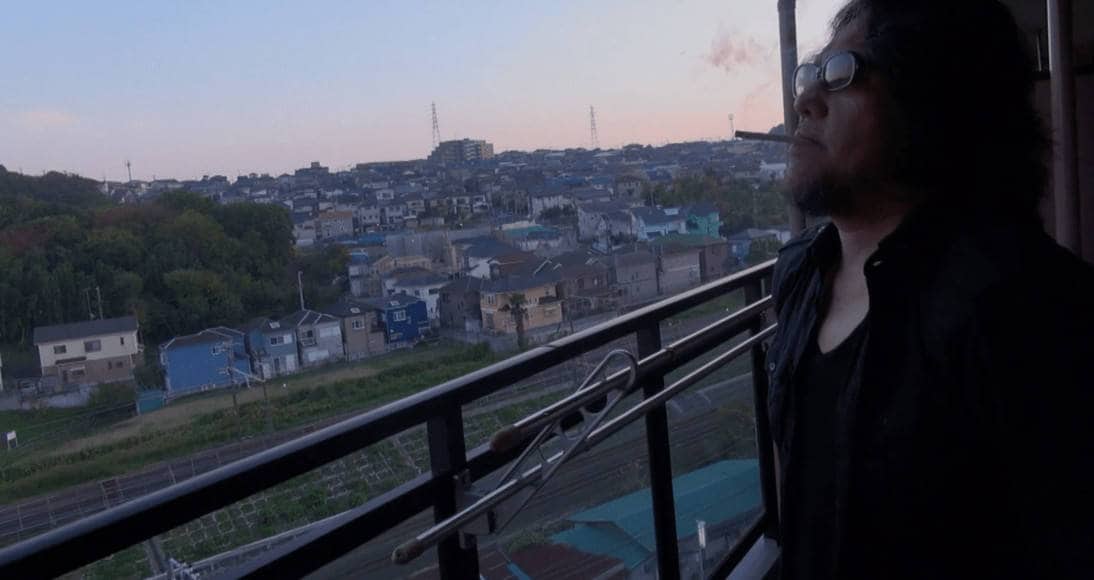
This documentary isn't as deep a look at the lives of two people as something like “Cutie and the Boxer”, nor are its subjects as compelling. It is the larger story of the scandal and how the film allows us to look from inside out to the world that Samuragochi has imprisoned himself in. Yes, the Japanese media appear cruel in this film and humiliating him seems to be one of their goals in order to increase the profile of the story and in turn their own viewership. Mori's direction brings us in very close to Samuragochi and lets us decide for ourselves on whether or not he really is deaf. Can he continue his work as a music composer after being apart of this possibly unjustified smear campaign? Samuragochi does admit to working with Takashi Niigaki and that doesn't help his case.
If you enjoy docs that focus closely on their subject, even though we are often left wondering what the main character is thinking, you will enjoy this one.


